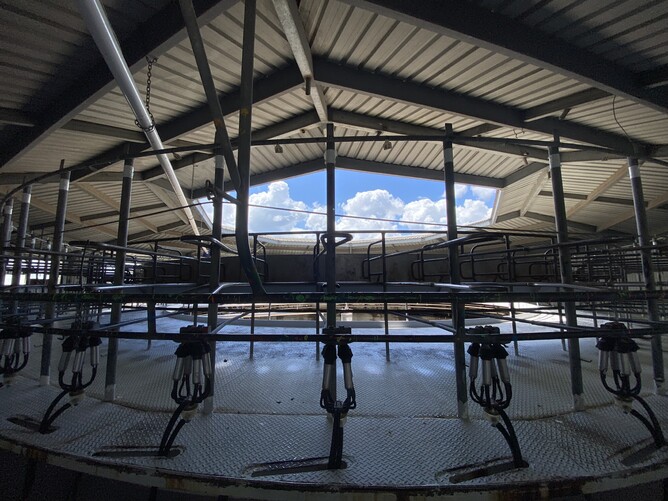One of my main goals for my clients is to begin changing the conversation that we have from production to profit. Don’t get me wrong, I like seeing cows come in full of milk just like the next farmer, but what is it costing us to do so and are we getting the best return on investment?
Why do we focus on production so much?
We reference production on the daily because it is the easiest measurement of what is happening on farm. Whether we like it or not, talking about how much money our farm makes is a topic not often talked about.
I’m working with farmers at either end of the spectrum in terms of farm systems, and can see there are some very profitable businesses regardless of the system you choose to operate.
Profit per hectare
For the 2018/19 season, average operating profit for owner operated dairy farms was $2,154/ha with 9.3% of farmers making over $3,500/ha operating profit (DNZ ES 2018-19). Are you in this category or do you want to be?
Cost control
For farmers to attain results like these, there has to be strong cost control. Average Farm Working Expenses (FWE) were $4.25/kgMS for the 2018/19 season and the top 25% of farmers have these down to $3.86/kgMS (DNZ ES 2018-19). How do you compare to this?
When you know what the final payout for the season is, there is a good opportunity to evaluate where you have gone above budget and where you have managed to pull back some cost.
Bought in feed continues to be the highest cost to the farm at 28.5% of few (DNZ ES 2018-19).
- Are you being upsold on products you don’t actually need?
- Have you had a second opinion on what you are buying or just what the sales rep has advised?
- Do you and your team have all the basics right or are you using purchased feed to hide some of the underlying issues?
FWE at $4.25/kgMS are only $0.08/kgMS lower than what they were in 2013/14 when we received a payout of $8.40/kgMS. Is inflation driving these costs up or have some slipped through the cracks?
It is worth reviewing these numbers. After all, you are running a business that is worth multiple millions of dollars and generating surplus cash which, where possible, can go to loan repayments, reinvestment, children’s education, future-proofing your business or spending more time with the family? A few cents here and there can accumulate rather quickly.
Farming into the future
With agriculture continuing to be at the forefront of industries requiring change, we must evaluate our businesses and identify whether there is any opportunity to increase profitability that doesn’t stem directly from an increase in production.
Our stocking rate contributes the greatest portion to leaching losses with considerable investment being made by government organisations to improve the modelling of these metrics (Overseer).
Some clients, and no doubt many of you, have been able to reduce cow numbers and either maintain or increase total production from either better allocation of feed resources and / or strategically culling those that are consuming feed for the more efficient converters.
These farmers have also seen increases to their bottom line as there has been reductions in animal health, repro, shed expenses, power, grazing, relief staff and more.
Slightly more time in the day has made space for assessing budgets, pasture walks or simply just having a rest so they are refuelled for another hard days’ yakka but having a fresher set of eyes to identify and resolve issues before they have larger repercussions.
The more discussion we can have around profitability of our current systems, the better understanding we have of our businesses which allows us to be more proactive than reactive.
Knowing our breakeven thresholds and at what stages we can capitalise on higher payouts. Using tools like Xero, Figured, CashManager Rural, MINDA and Farmax helps in full farm analysis and to put you and your team in the best position to stay ahead of the curve and continue to operate in a profitable manner.
Interested in finding out more?
Get in touch with Regan if you have any questions
029 778 1989 | regan@itsreco.co.nz



